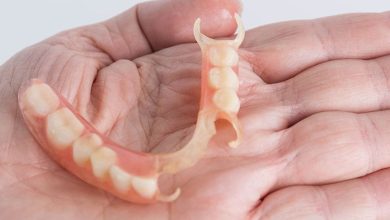How to stop indigestion


Indigestion also called dyspepsia or an upset stomach is often a sign of an underlying problem, such as gastroesophageal reflux disease (GERD), ulcers, or gallbladder disease, rather than a condition of its own.
Also called dyspepsia, it is defined as a persistent or recurrent pain or discomfort in the upper abdomen.
It may occur every day or intermittently for days or weeks at a time followed by days or weeks of relief (a pattern referred to as periodicity).
Table of Contents
Primary symptoms of indigestion
- Early fullness during a meal. You haven’t eaten much of your meal, but you already feel full and may not be able to finish eating.
- Uncomfortable fullness after a meal. Fullness lasts longer than it should.
- Discomfort in the upper abdomen. You feel a mild to severe pain in the area between the bottom of your breastbone and your navel.
- Burning in the upper abdomen. You feel an uncomfortable heat or burning sensation between the bottom of your breastbone and your navel.
- Bloating in the upper abdomen. You feel an uncomfortable sensation of tightness due to a buildup of gas.
- Nausea. You feel as though you want to vomit.
- Growling stomach.
Who Is At Risk Of Indigestion
People of all ages and of both sexes are affected by indigestion. It’s extremely common. An individual’s risk increases with:
Excess alcohol consumption
Use of drugs that may irritate the stomach, such as aspirin and other pain relievers
Conditions where there is an abnormality in the digestive tract, such as an ulcer
Emotional problems, such as anxiety or depression.
What Causes Indigestion?
Indigestion has many causes, including:
- Ulcers
- GERD
- Stomach cancer (rare)
- Gastroparesis (a condition where the stomach doesn’t empty properly; this often occurs in people with diabetes)
- Stomach infections
When to see a doctor
Mild indigestion is usually nothing to worry about. Consult your doctor if discomfort persists for more than two weeks. Contact your doctor right away if pain is severe or accompanied by:
- Unintentional weight loss or loss of appetite
- Repeated vomiting or vomiting with blood
- Black, tarry stools
- Trouble swallowing that gets progressively worse
- Fatigue or weakness, which may indicate anemia
Seek Medical Attention If You Have:
- Shortness of breath, sweating or chest pain radiating to the jaw, neck or arm
- Chest pain on exertion or with stress
- Irritable bowel syndrome
- Chronic pancreatitis
- Thyroid disease
- Pregnancy.
For any important information please contact us Email GadgetsNg info@gadgetsng.com
[Button id="1"]



